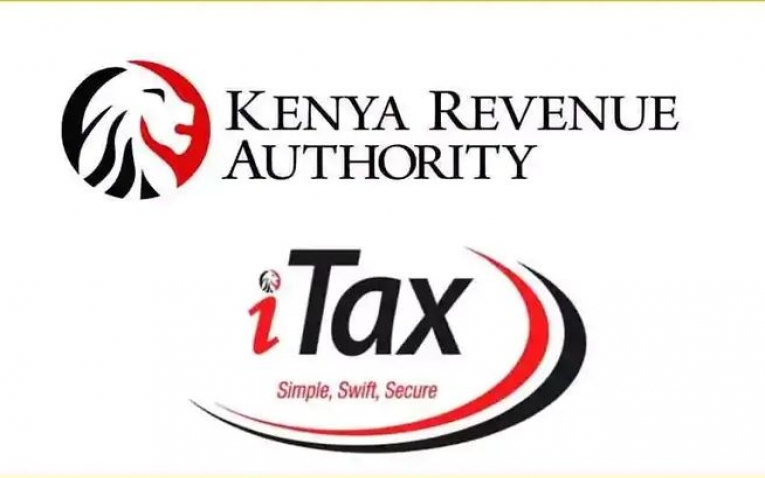The taxman has downplayed concerns by taxpayers over its new automated value added tax (VAT) system.
The Kenya Revenue Authority (KRA) said yesterday it would continue to use the VAT automated assessment (VAA) system to catch tax cheats by pairing buyers’ and sellers’ receipts.This, KRA said, would expose firms that faked input costs, denying the exchequer billions of shillings.“After taking into consideration issues raised by taxpayers, KRA wishes to inform the public of its plan to continue with verification of VAT returns using its automated returns verification module in the iTax system. The exercise will cover the period of January to date,” KRA said in a notice yesterday.
Last year, KRA Commissioner-General John Njiraini defended the new system installed in October, saying it had exposed cases where a seller and a buyer filed inconsistent returns besides helping curb claims of inputs from fake invoices.Over the past one-and-a-half years, KRA said it suspected that up to Sh22.56 billion worth of input claims were made after it detected inconsistencies between purchase and sale invoices submitted by traders.The taxman has managed to sift through 1,590 assessments worth Sh3.5 billion out of which Sh1.9 billion has been recovered.Of 642,557 invoices valued at Sh141 billion, Sh22.56 billion input tax claims did not match what traders had submitted as output VAT, according to KRA data that captured 35,876 traders as at January 2018. However, the system has come under criticism on its time limits and the fact that a buyer could be punished for VAT inconsistencies on the side of the seller.Those found with inconsistencies have been given 30 days to make corrections or pay the claims.
Source: standardmedia.co.ke





